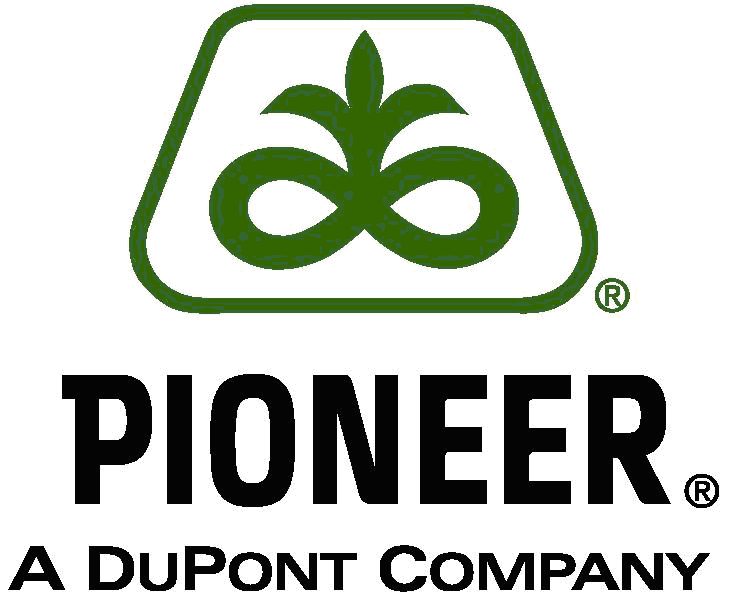
Agricultural News
Pioneer Offers Tips to Maximize Soybean Success in 2010
Tue, 16 Feb 2010 9:28:25 CST

As you plan for 2010 soybean planting, a few key steps can help maximize yields - and profits, according to experts at Pioneer Hybrid, a DuPont business. Selecting soybean varieties that match the needs of individual fields, using seed treatments and determining when to put the seed in the ground are decisions that directly impact yields.
"There is no easy answer or one-size-fits-all solution for achieving higher yields," says Jim Trybom, agronomy research scientist for Pioneer. "Knowing the history of your fields and planting the right product on the right acre are critical to managing soybeans."
Pioneer has unique genetics, does localized testing and allows growers to spread their risk by providing products with a trait package that best suits each field. Growers can choose resistant varieties for fields with an increased risk for specific diseases such as white mold, soybean cyst nematode (SCN), brown stem rot (BSR) and sudden death syndrome (SDS). Cool, wet growing conditions during the 2009 season increased disease pressure in some soybean fields, cutting into yields and crop quality. White mold was one of the more notable diseases attacking soybeans this past year.
"White mold was reported across most states in the Corn Belt, including Ohio, Wisconsin, Minnesota, Illinois, Indiana, Iowa and Nebraska," Trybom says. "While it is a sporadic disease that does not have widespread incidence every year, white mold can survive up to 10 years in soils, requiring more than just rotation with nonhost crops like corn, sorghum and small grains."
While growers may face unknown conditions each year, they can be better prepared by selecting soybean varieties with defensive traits to tackle these types of diseases.
For northern soybean areas, growers also face the challenge of potentially planting in cooler soils and even the chance of a late-season freeze. However, the benefits of early planting encourages growers to weigh the risks of bumping up planting dates.
Studies have shown that planting soybeans earlier allows for a longer flowering season which boosts pods and, in turn, increases yields. "Planting soybeans earlier than the typical mid-May time frame has shown an increase in yields," Trybom says.
While a mid-May planting date is quite achievable in southern areas where growers typically plant as early as mid-April, northern soybean growers know they can still get hit with frosty temperatures. During a two-year Pioneer study, researchers used 23 sites to compare early planting, ranging from mid-April to early-May, to late planting, ranging from mid-May to early June, showing a 3 to 4 bushel per acre advantage when soybeans were planted at an earlier date.
"Many growers pair earlier planting dates with a seed treatment for added protection," Trybom says.
Soybean treatments, both fungicides and insecticides, maximize yield potential and protect the seed in cooler, wetter soils. These types of soil conditions are more probable when planting at an earlier date and make the seed more prone to fungal disease and insect pressure. Seed treatments also help protect seed against pests to help with strong establishment, protecting seedlings from overwintering pests and early-season aphids, as well as fungal diseases during early emergence.
"There's been a strong upward curve in the amount of seed treatments being applied," Trybom says. "Soybean treatments maximize yield potential by reducing risk and the need to replant."
Studies also have shown an increase of 3 bushels per acre when a foliar fungicide application is used. "Growers using foliar fungicides benefit from providing soybean protection against foliar disease during critical growing times, especially when the growing season is cool and wet," Trybom says.
"Choose genetics that match your field's history, disease and insect pressures, and environment," Trybom says. "Develop a management plan according to your fields."
To learn more about variety selection, managing soybean diseases and seed treatment options, click here to visit the Pioneer Soybean website or contact your local Pioneer sales professional.
Pioneer Hi-Bred, a DuPont business, is the world's leading source of customized solutions for farmers, livestock producers and grain and oilseed processors. With headquarters in Des Moines, Iowa, Pioneer provides access to advanced plant genetics in nearly 70 countries.
WebReadyTM Powered by WireReady® NSI
Top Agricultural News
More Headlines...



















